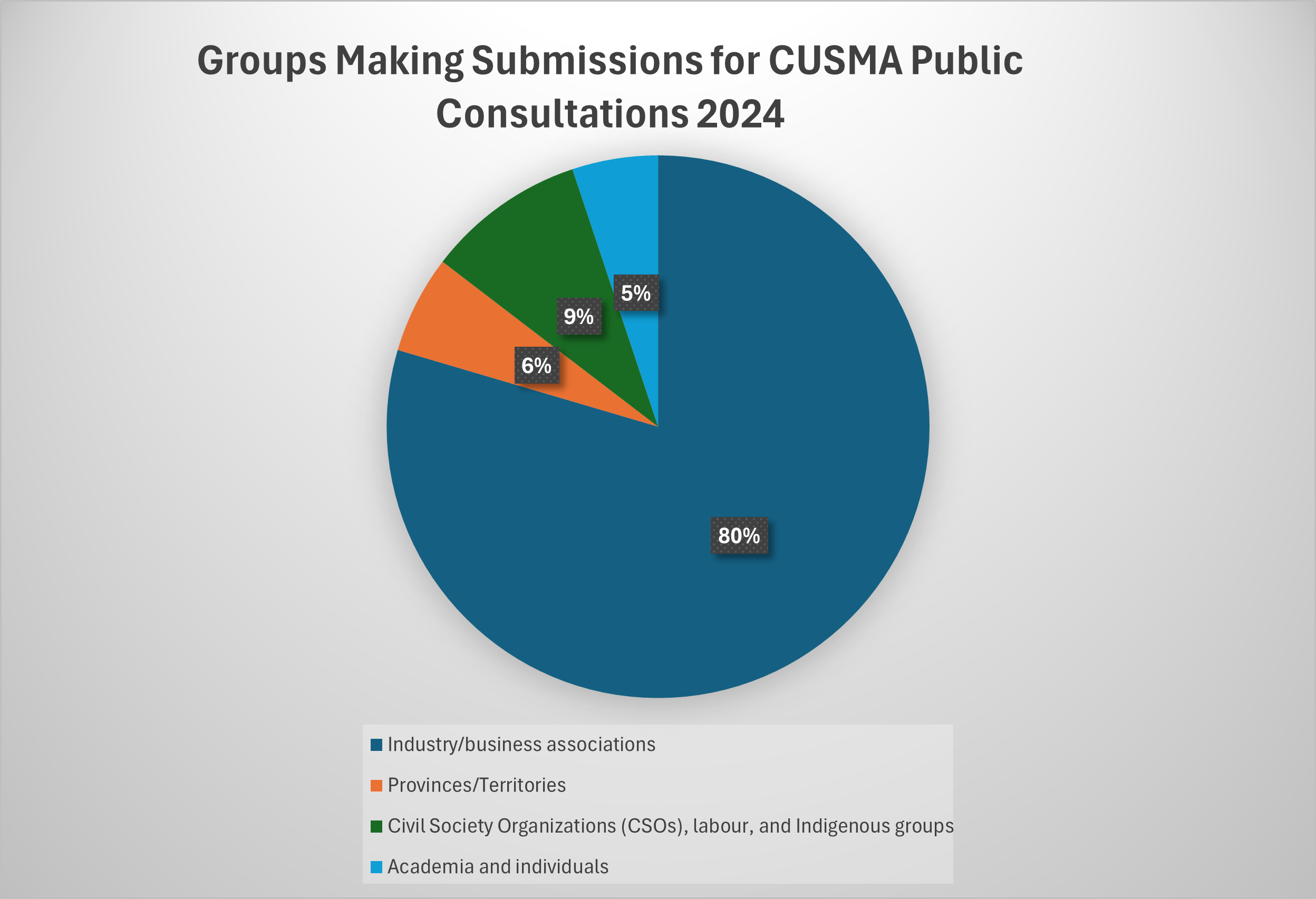
Trump’s Trade War: Responses from Canadian and Mexican Labour
The trade war unleashed by US President Donald Trump has had devastating consequences for workers in Canada and around the world.
In Hamilton, ArcelorMittal announced in June that it was closing its wire-drawing mill, impacting 153 workers, members of the United Steelworkers (USW) Local 5328. In May, 40 workers at Bull Moose Tube in Burlington from USW local 14162, also saw their plant shut down due to the saturation of imports in the Canadian steel market and the effects of the tariffs. Meanwhile, dozens of factories across southern Ontario in the auto parts sector have imposed layoffs, and the Detroit Three auto makers have cut shifts at some assembly plants. Workers at the Windsor-based Titan Tool and Die who are members of Unifor Local 195, tried to block the company from moving manufacturing equipment to its factories in the US. Since August, they have been locked out by their employer.


